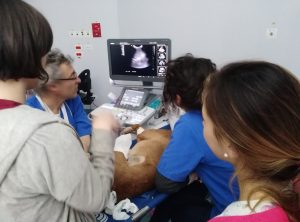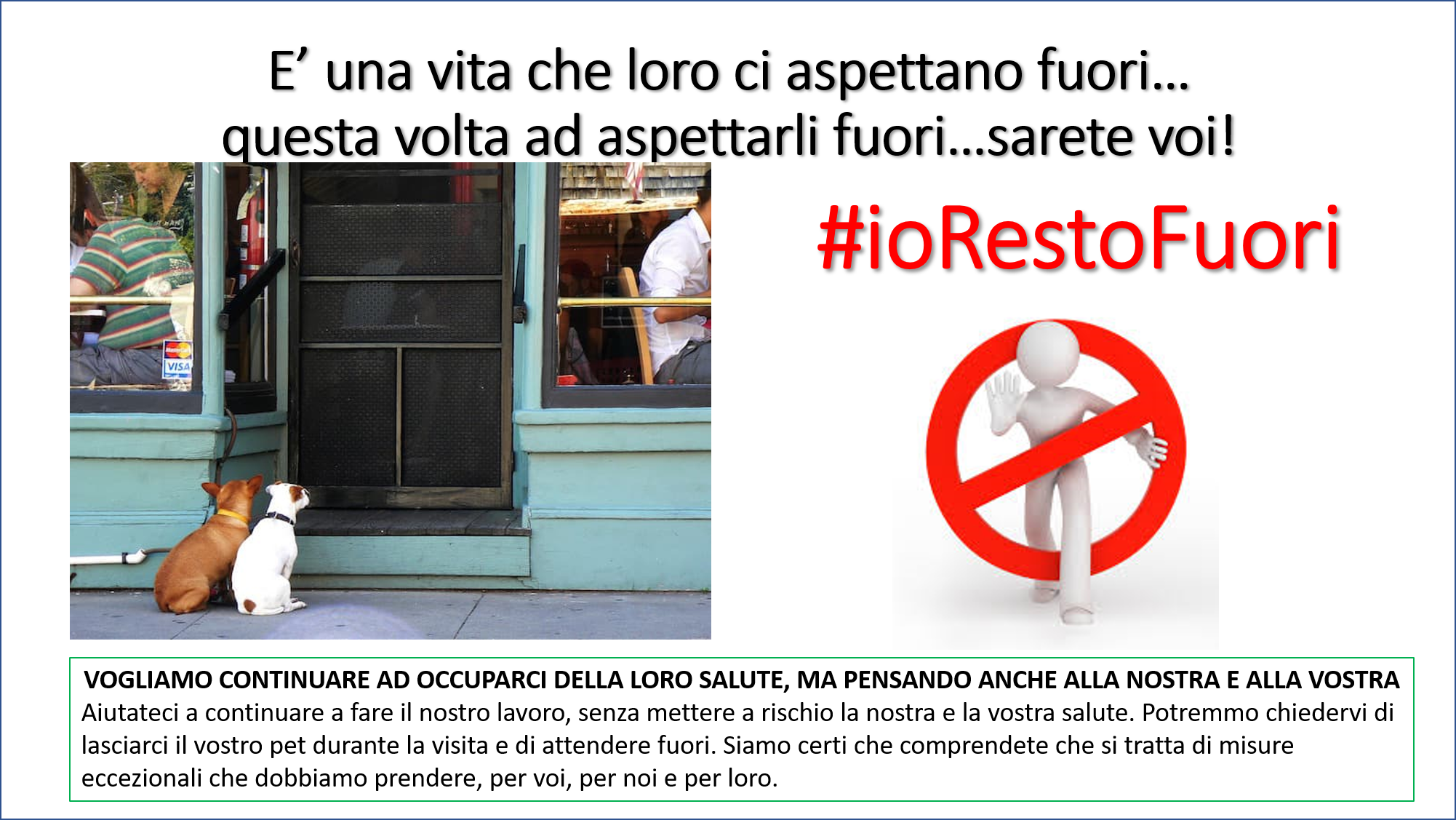Bleeding diathesis in canine multiple myeloma and prognostic implications: A cohort study in 156 dogs.
Abstract
Multiple myeloma (MM) is a tumor of plasma cells representing approximately 1% of all canine tumors. Clinical evident bleeding is often referred to as the main finding. The aim of the study was to evaluate the occurrence of clinical bleedings in dogs with MM and its prognostic implications compared to a population of dogs not affected by MM. Two groups of dogs (# 78 each) individually matched for breed, age and gender were considered. Group-1 (exposed) was affected by MM and group-2 (unexposed) was affected by other diseases. They were compared for bleeding and mortality at 90 days after diagnosis (relative risk, RR; attributable risk, AR). Among group-1, bleeding patients (B) were compared with non-bleeding patients (NB) in terms of mortality at 90 days (RR, AR). Incident cases of MM were 78/57,694 (0.13%). Signs of bleeding up to 30 days before the referral presentation were found in 33 (42.3%) group-1 dogs in comparison to 6 (7.7%) group-2 dogs (RR, 5.50, CI 95% 2.55-12.3, p = 0.0001; AR, 0.34, CI 95% 0.22-0.47, p = 0.0001). Epistaxis was the most frequent sign of bleeding recorded. Nineteen dogs from group-1 (24.3%) and eight from group-2 (10.2%) were non-survivors (RR = 2.37, CI 95% 1.14-5.06, p = 0.01; AR = 0.14, CI 95% 0.02-0.26, p = 0.01). Among the group-1, the B dogs, 4/33 (12.1%) were non-survivors, while 15/45 NB dogs (33.3%) were non-survivors (RR = 2.75, CI 95% 1.08-7.44, p = 0.03; AR = 0.21, CI 95% 0.20-0.38, p = 0.03). Epistaxis at diagnosis was frequent in MM dogs, and signs of bleeding were associated with a more favorable 90-day prognosis.






 Il Direttore Sanitario Dott. Marco Caldin
Il Direttore Sanitario Dott. Marco Caldin